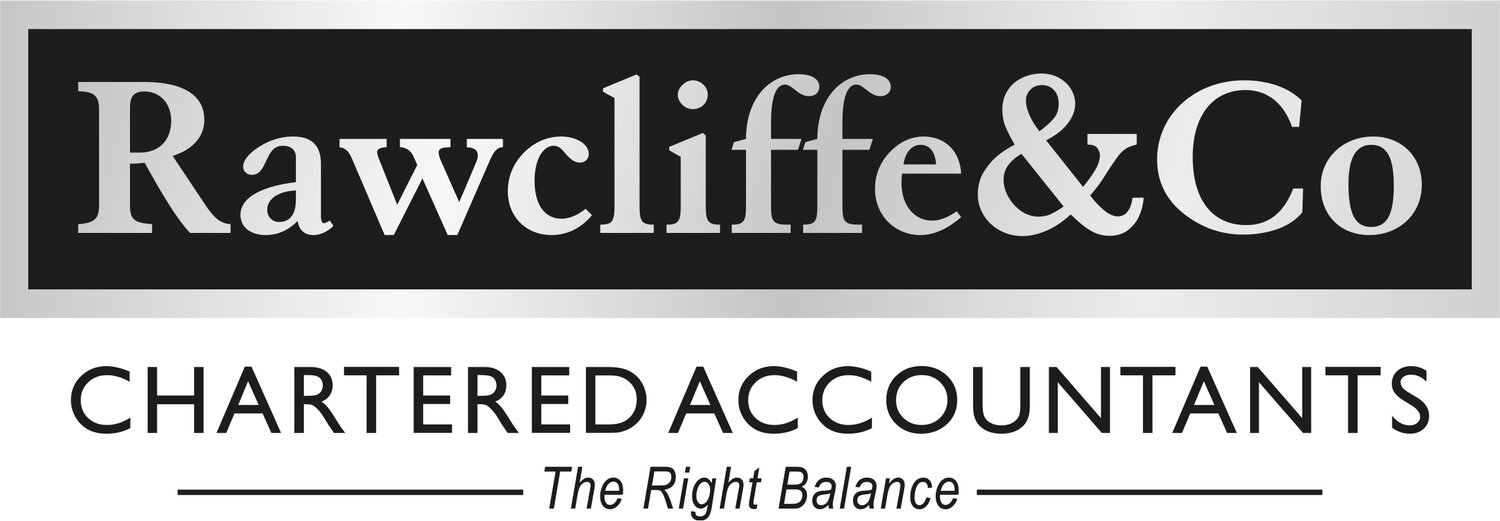HMRC Make Arrests in Connection with Suspected Fraudulent R&D Claims
In the light of a recent article in The Times last week, the HMRC Press Office issued the following tweet:
“By acting quickly to pause payments and implement additional checks on claims we have protected £46 million of public money. We have also arrested 8 people suspected of conspiring to submit over 100 fraudulent R&D claims”
The current rules allow small and medium-sized companies undertaking qualifying research and development expenditure to claim a tax refund equivalent to 33.35% of the expenditure. This is because the relief is currently 230% of the amount spent and any resulting loss can be surrendered for a 14.5% refund from HMRC. This generous tax break has led to a number of alleged “rogue” R&D consultants making spurious claims on behalf of companies.
What projects qualify for R&D tax relief?
HMRC have also recently updated and reissued their guidelines on the conditions to be satisfied for a valid R&D claim:
The accountancy definition of R&D is modified for tax purposes by the Guidelines, which are given legal force by Parliamentary Regulations.
Note in particular that R&D for tax purposes takes place when a project seeks to achieve an advance in science or technology. The activities which directly contribute to achieving this advance in science or technology through the resolution of scientific or technological uncertainty are R&D.
Certain qualifying indirect activities related to the project are also R&D. Activities other than qualifying indirect activities which do not directly contribute to the resolution of scientific or technological uncertainty in an overall project are not R&D.
An advance in science or technology means an advance in overall knowledge or capability in a field of science or technology (not a company’s own state of knowledge alone). This includes the adaptation of knowledge or capability from another field of science or technology in order to make such an advance where this adaptation was not readily deducible by a competent professional in that field.
A process, material, device, product, service or source of knowledge does not become an advance in science or technology simply because science or technology is used in its creation. Work which uses science or technology, but which does not advance scientific or technological capability as a whole is not an advance in science or technology.
If you think that some of the technological developments that are being carried out within your company might qualify as R&D please contact us so that we can consider whether or not you might be eligible to make a valid claim for this generous tax relief.

